In addition to Weibo, there is also WeChat
Please pay attention

WeChat public account
AutoBeta


2024-11-17 Update From: AutoBeta autobeta NAV: AutoBeta > News >
Share
AutoBeta(AutoBeta.net)09/20 Report--
In recent years, as the environmental problems become more and more serious, local governments' restrictions on fuel vehicles are becoming more and more stringent. At the same time, the development of electrification has also become a trend, and the major car companies have also laid out the electric vehicle market one after another. German BBA, which has a long history in fuel vehicles, will also face policy restrictions.
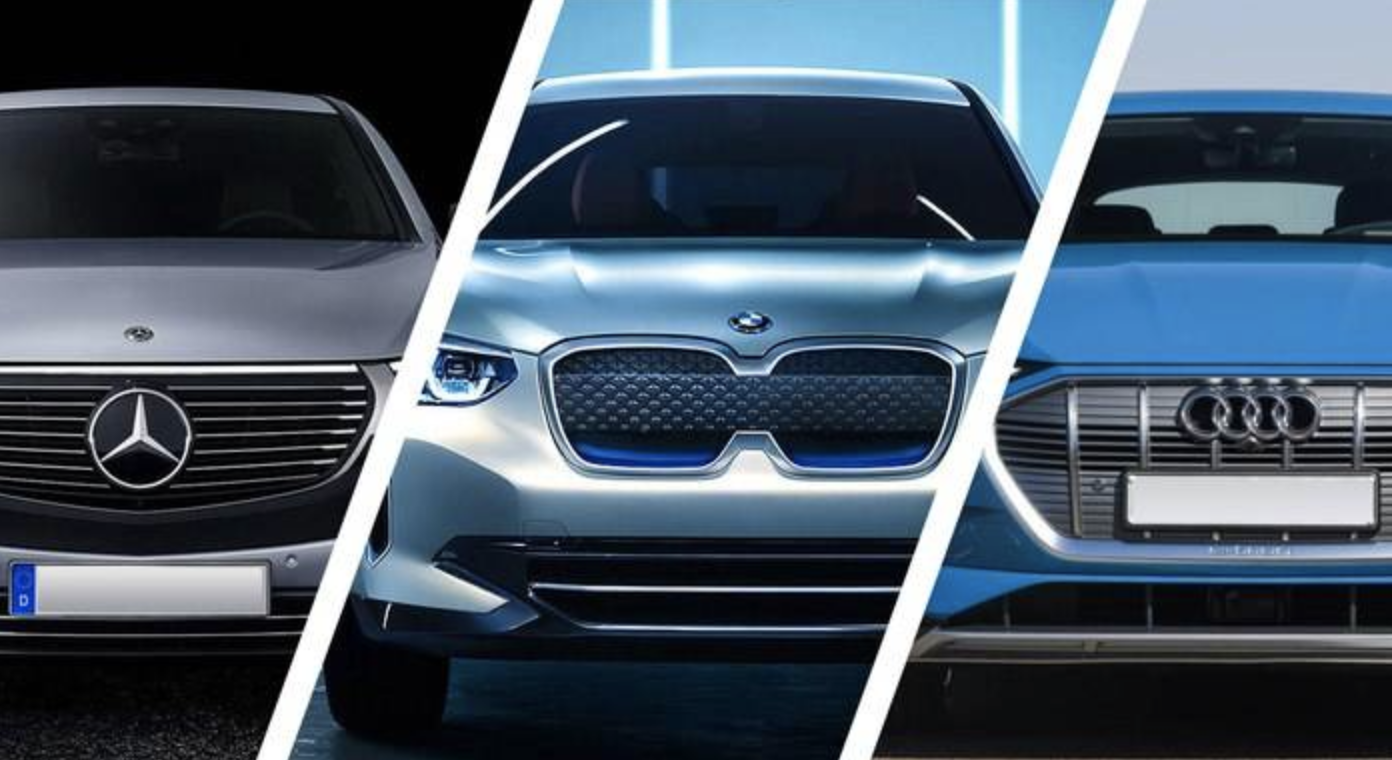
Recently, it was learned from relevant sources that Mercedes-Benz will shelve the research and development of new fuel engines for the time being, and will shift its development direction to new energy products in recent years.
Markus Schaefer, head of research and development at Daimler, has said: in the future, the brand will temporarily move its research and development center to battery packs and electric drive systems, and the strategic layout is also expected to achieve Mercedes-Benz's previous product plan to release more than 50 new energy vehicles by 2022.
In fact, as early as May this year, Mercedes-Benz announced the development plan of electrification. "We plan to achieve low-carbon emissions for all passengers within 20 years," said Ola Kallenius, a researcher at the Ministry of Research and Development. That is, Mercedes-Benz will stop selling traditional models of internal combustion engines by 2039, when its new models sold around the world will achieve low-carbon emissions.
In addition, the Union will implement more stringent emissions measures from 2020, and if Daimler violates the relevant regulations and pays more money, the company has decided to test the electrification program to find a way out for itself.
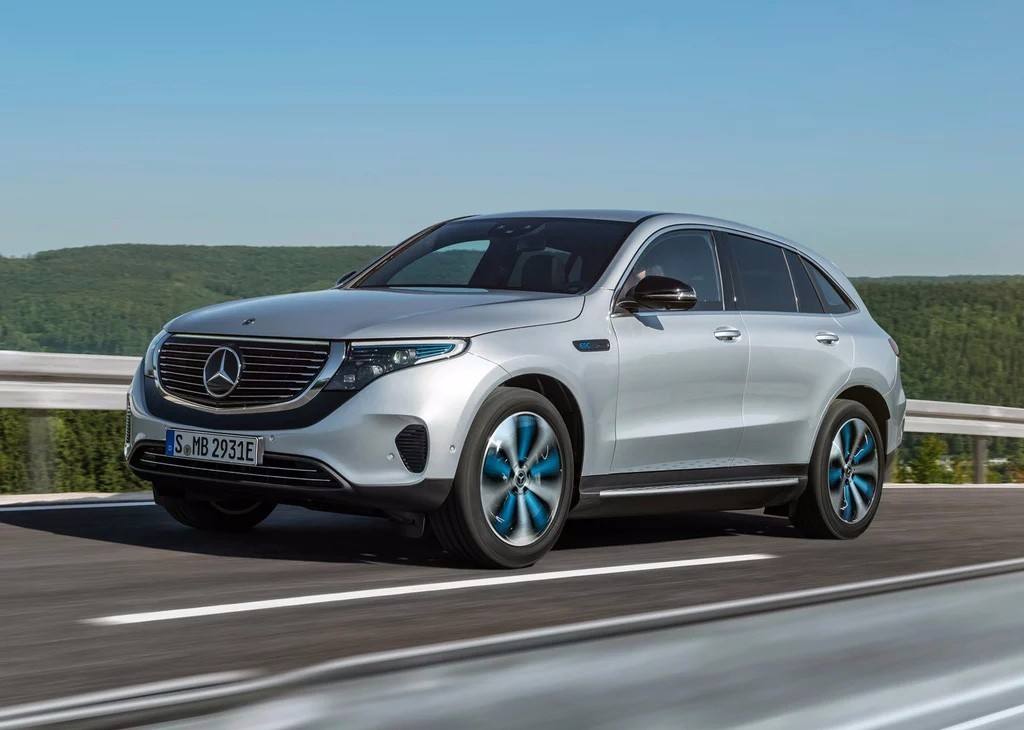
Similarly, Audi, a subsidiary of Volkswagen Group, also has plans for electrification. But unlike Mercedes-Benz, Audi said it would not give up the development of fuel-fueled models. "personally, I think it is too early to draw conclusions about the decline and death of fuel vehicles. Judging from the development trend in China, the United States and other countries, fuel vehicles will continue to be used for a long time in the future." Audi Technology Research and Development Director Hansjoachim Rotenberg said, "in the future, Audi will continue to launch large-scale fuel SUV models, but also electrify large cars."
Although Volkswagen Group may be a little later in promoting electrification than some car companies, many people believe that Volkswagen Group's promotion of new energy in China is affected by the "double points" policy. in fact, Volkswagen and Audi's strategy to promote electrification originated in Europe. Because the strictest car carbon emissions policy in European history is about to be implemented in 2020.
Compared with the Chinese market, the laws and regulations of the European market are more stringent, with carbon dioxide as the standard for defining emissions. If we insist on promoting the sales of internal combustion engines, the expected improvements will not meet the emission standards. At the same time, Volkswagen, as one of the large car companies in the world, also has the responsibility to protect the environment.
To this end, Audi has begun a "decarbonization" program. It is expected that by 2025, carbon dioxide emissions in the whole life cycle of vehicles will initially be reduced by 30% compared with 2015, while accelerating the electrification process. By 2025, the goal is to sell 40% of the total sales of electric models.
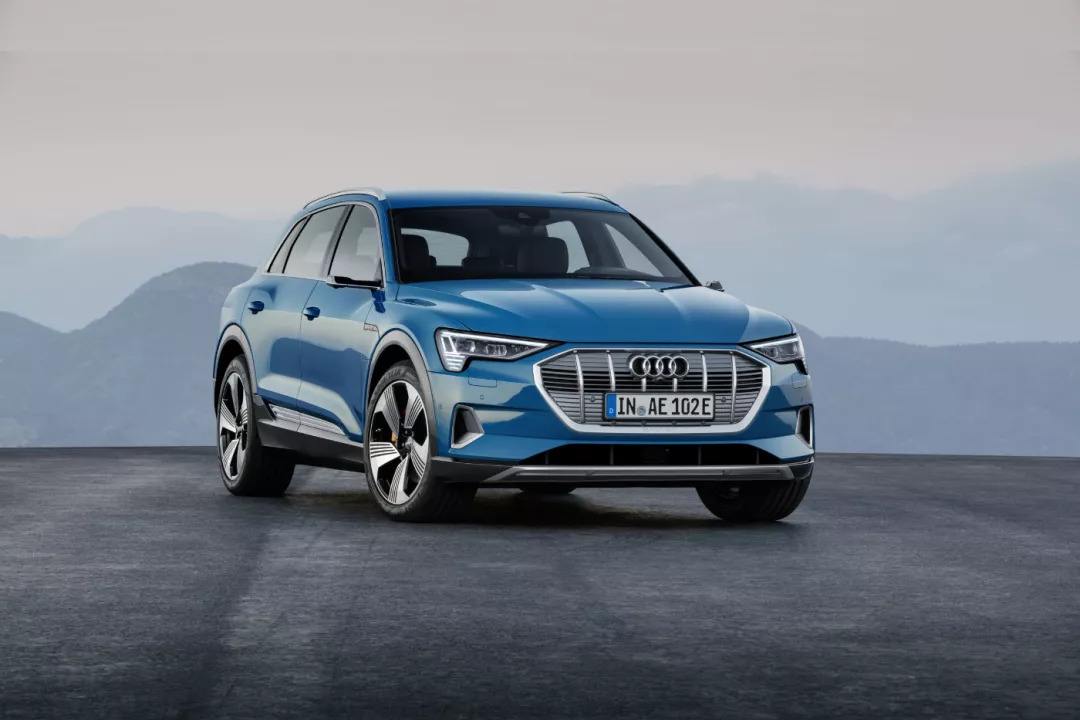
It has also been revealed that BMW plans to cut nearly 6000 jobs in Germany by the end of 2022 as part of its ongoing cost-cutting plan.
It is reported that BMW responded to the report that its goal is to keep the workforce in 2019 the same as last year. At the same time, the company said it would continue to recruit talent in areas such as self-driving and electric cars.
But not long ago, BMW announced that it would no longer update its electric model BMW I3. At the same time, BMW also gave the answer.
BMW believes that the introduction of such a styled electric car is designed to test public interest in electric cars without damaging its mainstream luxury car range.
Today, the i3 has always been an outlier for BMW. It bears little resemblance to BMW's limousine or SUV series and attracts a completely different crowd. From this point of view, stopping the update of i3 is a decisive move.
According to BMW's plan, by 2021, the company will have five pure tram models, covering cars and SUV. By 2025, there will be 12 electric cars. This personnel change may make full preparations for the company's electrified transformation.
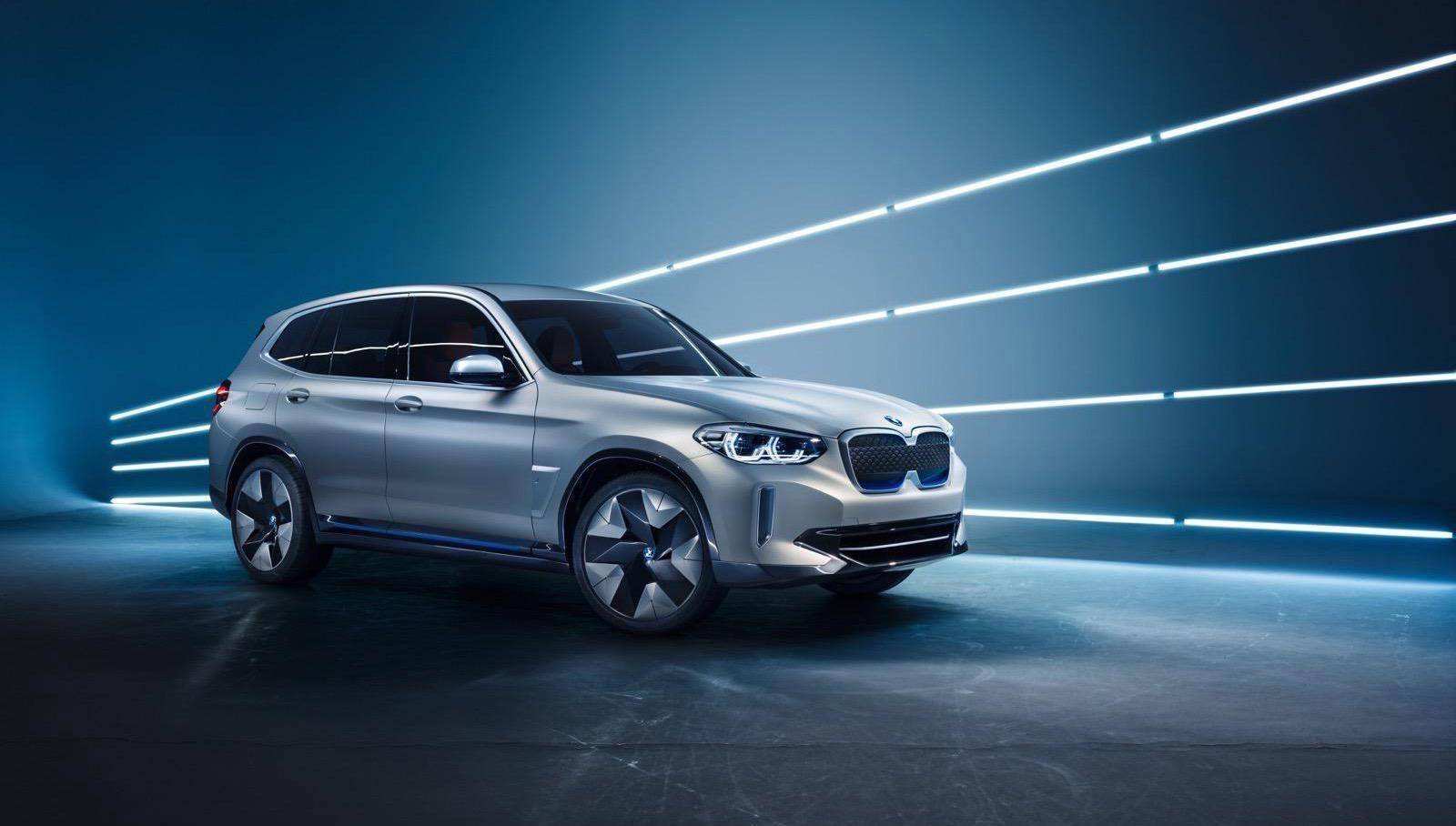
It is undeniable that compared with the fuel models that have been developed for more than a century, electric vehicles have only been developed for more than a decade, so the technology, especially the relevant supporting aspects, still need to be continuously improved, which is also an obstacle to the development of electric vehicles. However, the development of electrification is the trend of the times, and the era of fuel cars will eventually disappear. as for whether it will be ten years or two years later, it will only leave time to verify.
Welcome to subscribe to the WeChat public account "Automotive Industry Focus" to get the first-hand insider information on the automotive industry and talk about things in the automotive circle. Welcome to break the news! WeChat ID autoWechat
Views: 0
*The comments in the above article only represent the author's personal views and do not represent the views and positions of this website. If you have more insights, please feel free to contribute and share.








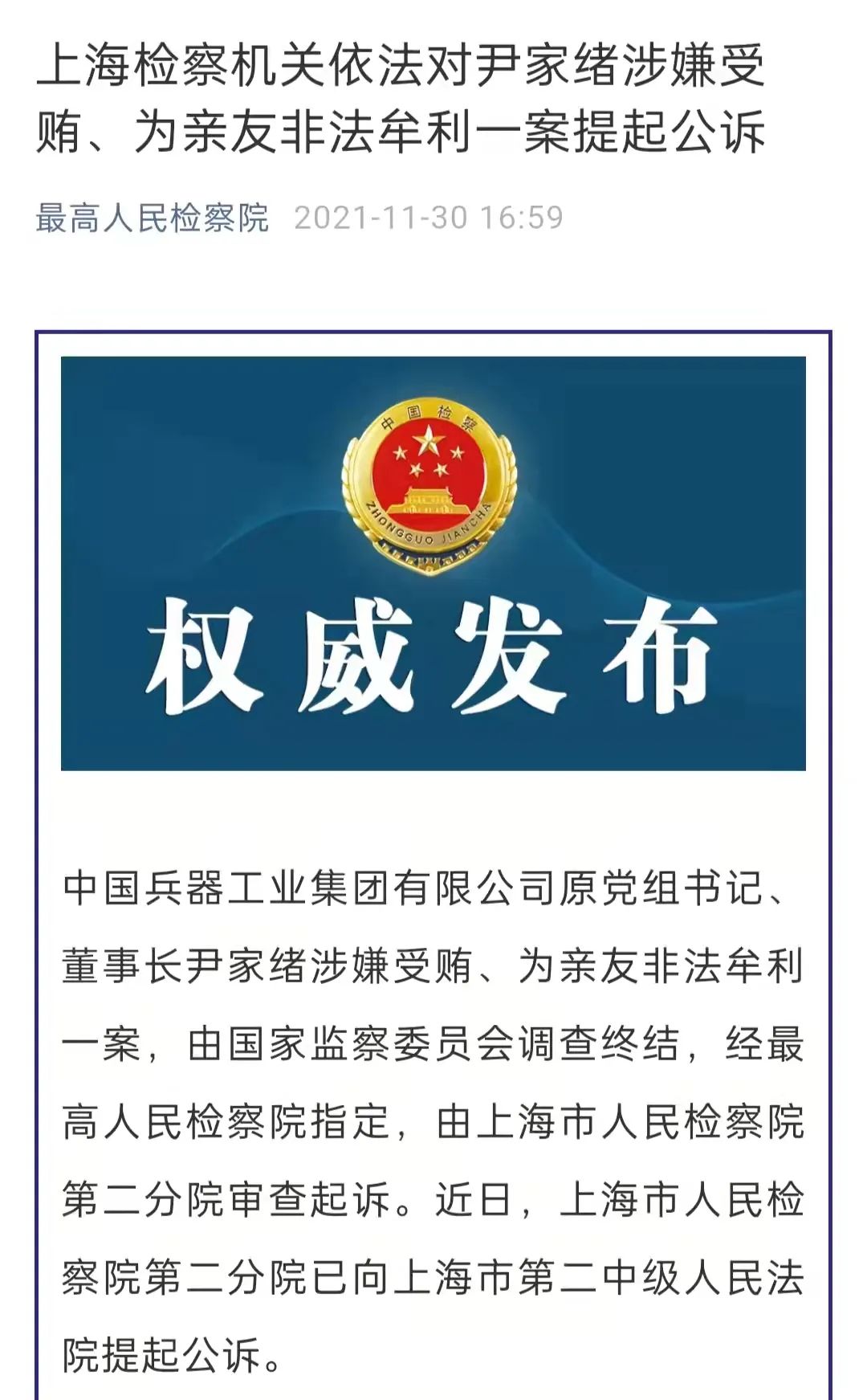


© 2024 AutoBeta.Net Tiger Media Company. All rights reserved.